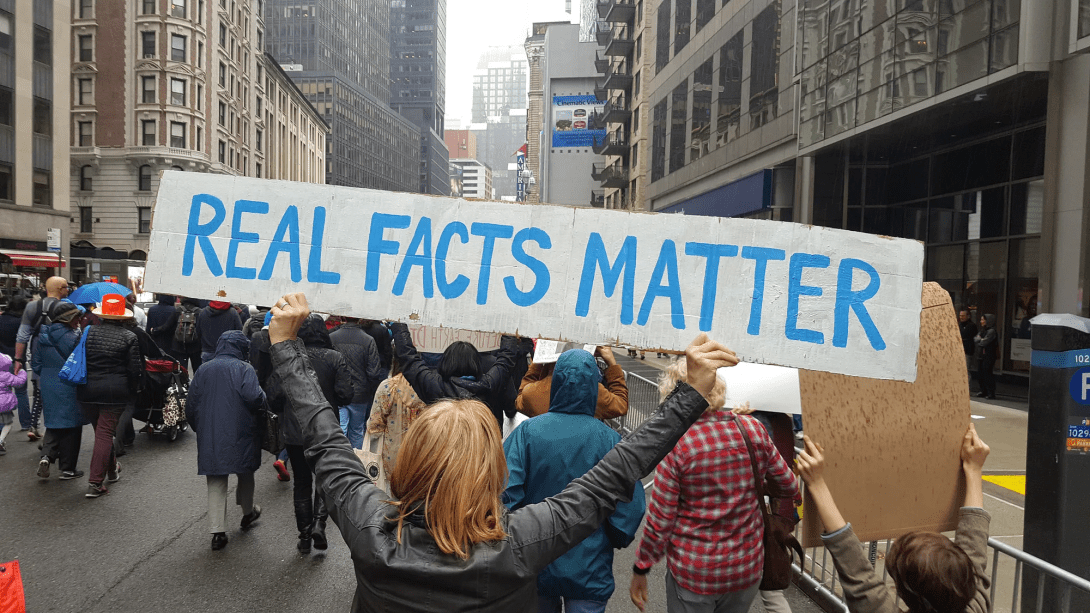Shuttering the Corporation for Public Broadcasting Will Undermine Democracy and Endanger Communities Nationwide

Timothy Karr
WASHINGTON — On Friday, the Corporation for Public Broadcasting announced that it would shut down operations later this year. The move follows Congress’ mid-July decision to claw back $1.1 billion in funding from the previously approved federal budget for the corporation, which provides federal support for the operations and programming at hundreds of NPR and PBS affiliates across the country.
CPB has reportedly told its employees that a majority of positions will be eliminated on Sept. 30 with a small transition team staying on through January 2026. “We now face the difficult reality of closing our operations,” CPB president and CEO Patricia Harrison said in a statement.
Zeroing out federal funding for public media has been a dream of Republicans since the Nixon administration. But the congressional vote, which was prompted by a rescission request from the Trump White House, marks the first time they’ve succeeded. Past efforts ran up against an outspoken public — including people of every political persuasion — who believe federal funding for public media is taxpayer money well spent.
Hardest hit by the closure of CPB will be smaller and rural stations, some of which receive more than 50 percent of their budgets from the federal government.
Free Press Co-CEO Craig Aaron said:
“The shuttering of the Corporation for Public Broadcasting — and the many dedicated public servants losing their jobs — is devastating for this country. It puts vital outlets in communities all across the country in jeopardy and endangers essential educational programs, news coverage, and life-saving emergency alerts. The ripples will be felt far beyond Washington, D.C.
“The end of the CPB is the direct result of the deep and corrupt failure of Congress and the Trump administration to invest in informing the American public. They have trashed decades of democracy-building work and will deny many journalists, artists, educators and creators the opportunity to be heard. The cost of their decisions is almost incalculable in terms of lost opportunities, untold stories, closed minds — and yes, the lives of people who won’t know about the next earthquake, wildfire or tsunami before it’s too late.
“Public broadcasting is far from perfect, and for too many years the leadership of institutions like CPB, NPR and PBS have tried too hard to placate the politicians who were committed to their destruction. Despite incredible popularity — and even greater public need — the public media system has been starved and sidelined by partisan attacks and poor choices. But the promise of public media is still worth fighting for, and so are the many journalists, producers, engineers and employees who have committed their careers to these institutions and produced incredible work under trying circumstances.”
“But this is about far more than one government agency or the embarrassingly low public investment the United States makes in public media compared to the rest of the world. The elimination of the Corporation of Public Broadcasting is about trying to end accountability, pump out propaganda, and sow the kind of chaos and disinformation under which authoritarianism thrives. We won’t stop that march with pledge drives and tote bags.
“It will take years of organizing to rebuild what the Trump regime has demolished in six months. And that will require a vision that goes far beyond what we lost today — one that doesn’t just replace what’s been lost but reinvents public media as a bulwark against authoritarianism that meets the civic needs of all our communities. This is about fighting for democracy and recognizing that if we don’t keep fighting we stand to lose a lot more than this.”
Background:
In February, Free Press Action Co-CEO Craig Aaron testified before the House Judiciary Committee about the Trump administration’s censorship of media viewpoints the president dislikes, calling it a “free-speech emergency.” In May 2024, he testified about false claims of bias at NPR and PBS. Free Press Action is leading grassroots efforts to craft public policy that supports local noncommercial news and information.